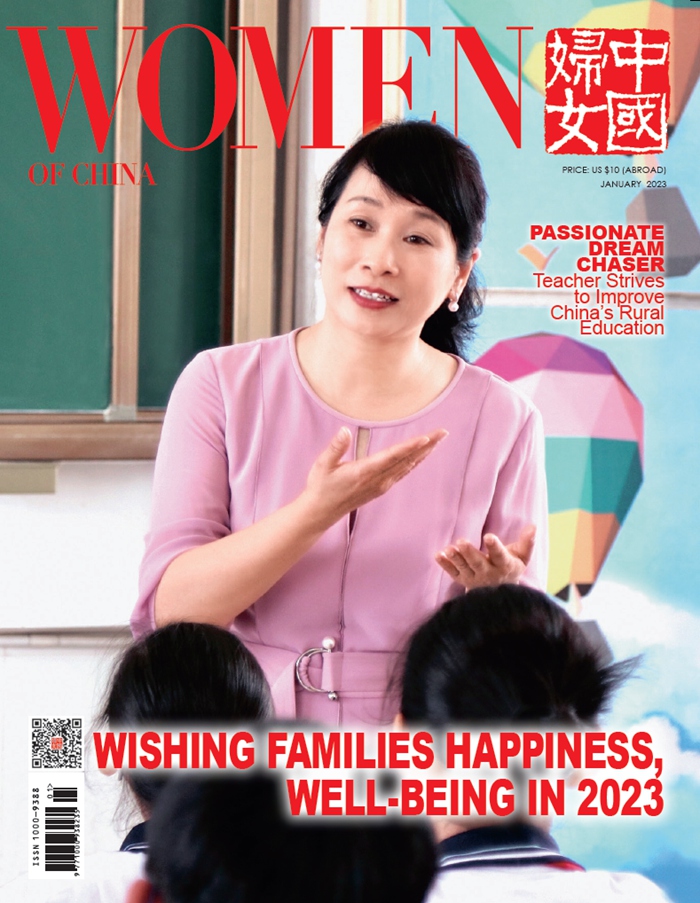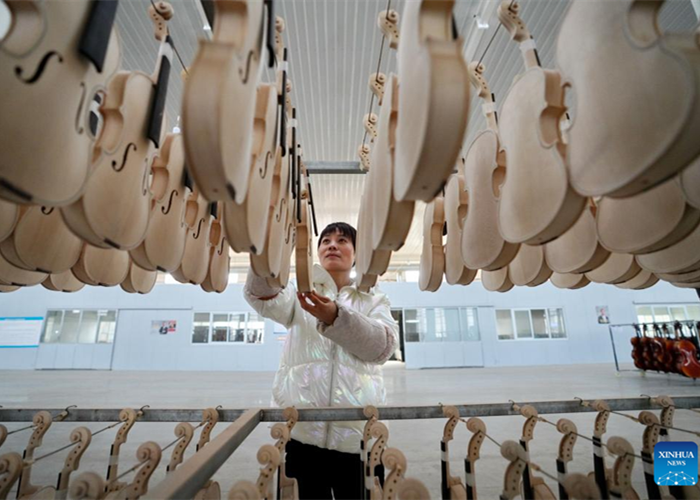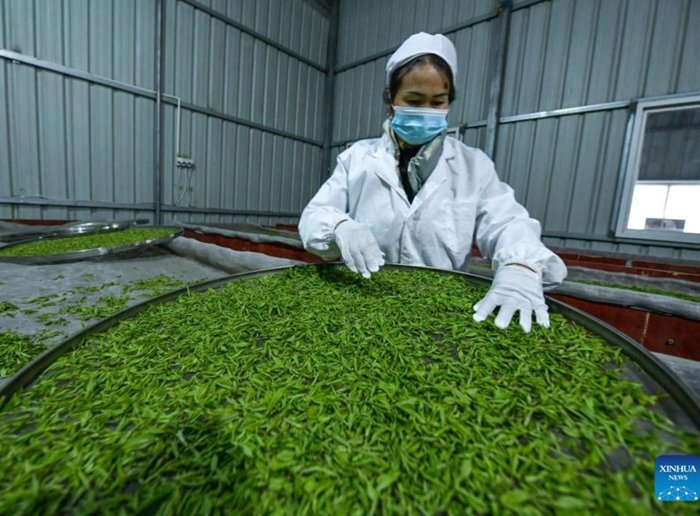Stepping up to the Task, Running to the Front Line
Many of those from the third contingent of Shanghai Renji Hospital medical workers who were sent to Wuhan, Hubei Province, in February, were relatively inexperienced. Many had worked in the field for no more than a decade.
Only a third of them knew how to operate the ventilator, and even fewer knew how to use the extracorporeal membrane oxygenation, or ECMO, machines which were vital in providing life support to COVID-19 patients in critical condition.
But faced with a crisis of this magnitude that required support from medical personnel across the country, the young team, which was posted to the Leishenshan Hospital in Wuhan, had no choice but to quickly learn on the job instead of through conventional training sessions.
"We had video clips uploaded and shared, and the team of reinforcements that later arrived also taught the less-experienced nurses. These kids shouldered their responsibilities without hesitation," says Xi Huiqin, the leader of the contingent, during a media event at Renji Hospital in Shanghai on April 28, a few days after the team was released from its 14-day quarantine following its return from Wuhan.
One of the members of the contingent was Dai Qian, a 27-year-old ICU nurse who once had to care for a patient dubbed "Old Qian", who was in critical condition. Dai says this experience was the greatest challenge she has faced in her life.
"He was unconscious and unstable. Every 12 hours, five of us had to work together just to turn his body so that he could lie prone," says Dai, who has been an ICU nurse for three years.
Physical contact with patients was stressful, says Dai, who explained that intubated patients might cough phlegm and potentially infect medical workers who were sanitizing their airways and oral cavities.
"Even with the protective suits and masks on, no one was sure if we were completely safe from infection. But the work had to be done. We knew that regular sanitation would significantly lower the risk of infection in the patients and increase their chances of survival," she says.
Although "Old Qian" was taken off life support on March 20, he remained in a coma and in unstable condition. All Dai could do was carry out her routine and hope for the best.
"I played some music and helped perform some rehabilitation exercises for his legs. It was then I noticed that he blinked," she says.
Dai then went out of her way to care for her patient, giving him a cushion to support his lower back. She believes that this little gesture helped his recovery.
"I never expected that the cushion could have such a strong psychological influence on the patient," Dai recalls."But it really gave him more faith in survival."
Hearing the patient thank her when he could speak was also a particularly moving experience, says Dai. She says she even felt hesitant about having to return to Shanghai after her stint was over on April 6.
"I didn't want to leave. I spent more time with him than any other patient in my career. It felt like leaving behind a family member. I wish I could take care of him until he fully recovers," she says.
When asked about the lessons she has learned from the experience, Dai says she now knows that taking care of a patient is more than just completing the routine procedures without mistakes. Rather, it also involves providing a great deal of psychological support.
"I have also gotten a new perspective on life and death. More importantly, I am more confident than ever in my ability to take good care of my patients," she says.
A total of 458 medical workers under the age of 30 from Shanghai were dispatched to Wuhan during the COVID-19 outbreak. Dai was among the 55 who joined the Communist Party of China during that period.
"For many years we were well-protected and taken good care of by the adults," says Chen Guoli, a Renji Hospital medical worker, who also became a CPC member during his stint in Wuhan.
"Now it is time for us youngsters born after 1990 to stand up and save the day."
(Source: China Daily)
Please understand that womenofchina.cn,a non-profit, information-communication website, cannot reach every writer before using articles and images. For copyright issues, please contact us by emailing: website@womenofchina.cn. The articles published and opinions expressed on this website represent the opinions of writers and are not necessarily shared by womenofchina.cn.








 WeChat
WeChat Weibo
Weibo 京公网安备 11010102004314号
京公网安备 11010102004314号